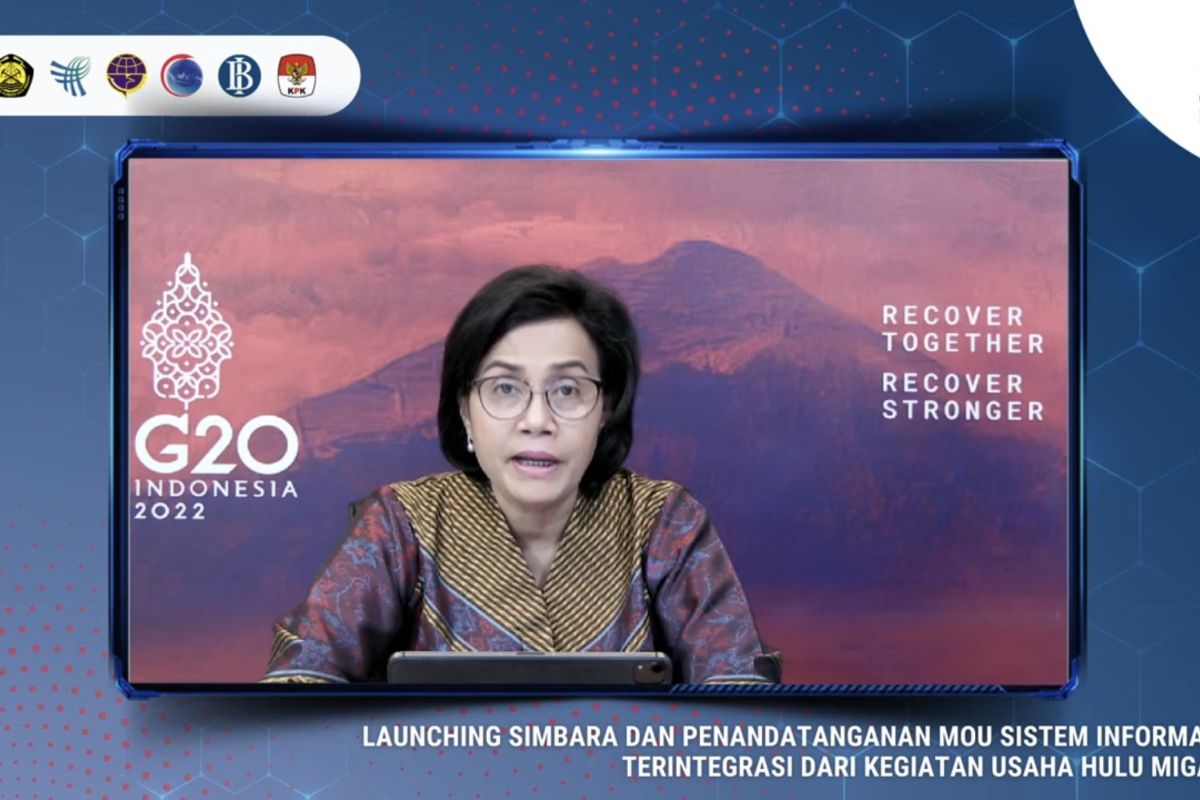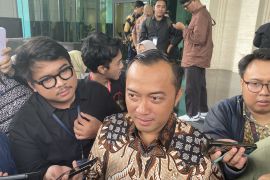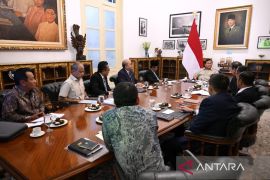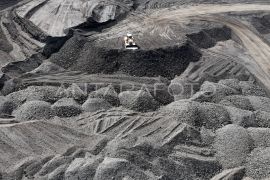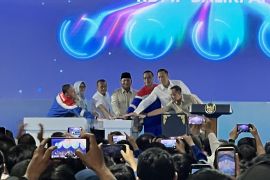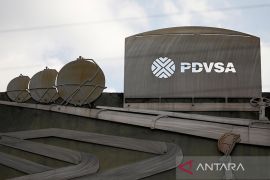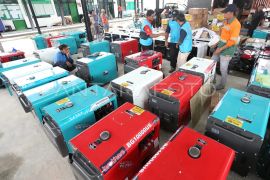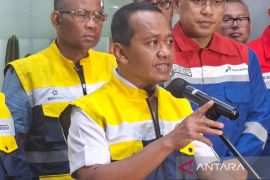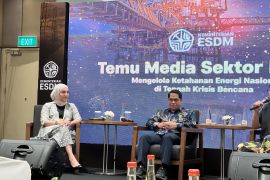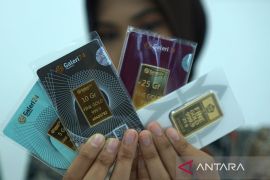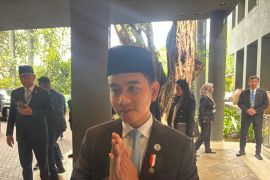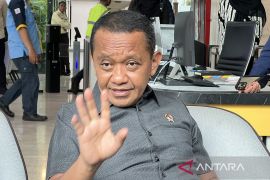"This is very important. Transparency continues to be developed by the Finance Ministry," Indrawati noted during the event to launch SIMBARA here on Tuesday.
With this, the state's wealth will be utilized for beneficial development programs for the people, the minister remarked.
SIMBARA is one of the results of synergy across various ministries or institutions in integrating mineral and coal management data by utilizing digital development, Indrawati stated.
The five pillars of natural resource management -- document, money, transportation service, people, and goods -- are integrated through the adoption of digital technology in the form of SIMBARA.
Moreover, the integration of business processes with data between ministries or institutions should have been easier in the digitalization era.
In addition, it became the key to improving governance, strengthening monitoring, and enhancing services for the business world.
"This is because the business world can receive assurance from ministries or institutions and the same information. This form of transparency and accountability is important," the minister remarked.
To this end, the entire natural resource business process must be oriented toward easier and better services by prioritizing accountability from the entire process.
In this case, SIMBARA is a system to realize the integration of documents from business players and ministries or institutions as well as to synchronize information between the report and money flow.
"Transactions and documents for the transportation of goods should also show information consistency and be materialized from the money flow," Mulyani stated.
From here, the relations between business actors with goods and physical examination of documents between ministries or institutions can be traced without creating a complicated business process.
"It is important for ministries or institutions to be able to compare and verify the truth or accuracy of the information," the minister stressed.
SIMBARA can also reduce the risk of governance violations, such as smuggling, under invoicing, and tax evasion that can likely occur, as the price of mineral and coal rises, she pointed out.
"This became one of the real reasons why we increasingly need to organize ourselves in between the ministries or institutions," she noted.
Related news: SIMBARA to curb illegal mineral, coal trade activities: Minister
Related news: Indonesia devises strategies to achieve 23% energy mix by 2025
Related news: Cost of Indonesia's downstream coal projects underestimated: IEEFA
Translator: Astrid Habibah, Fadhli Ruhman
Editor: Sri Haryati
Copyright © ANTARA 2022
